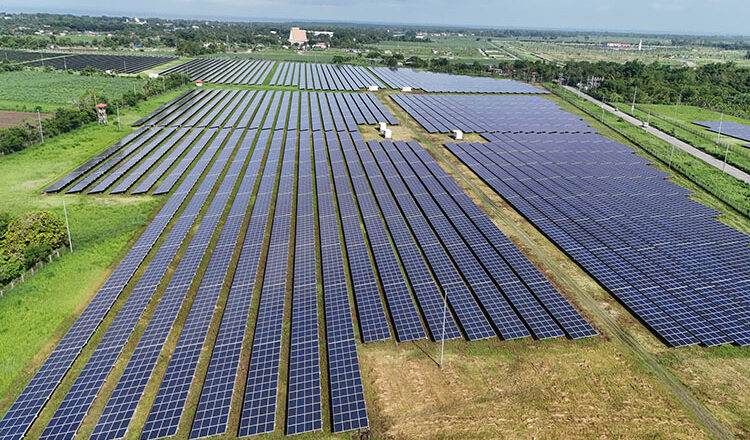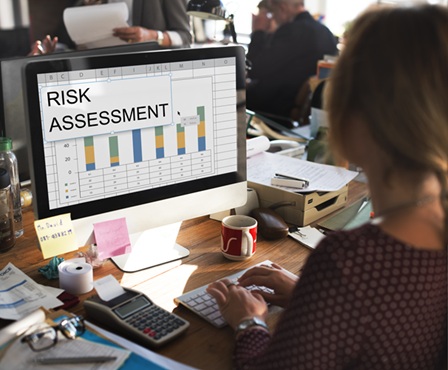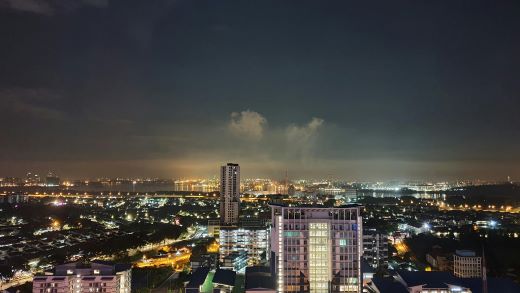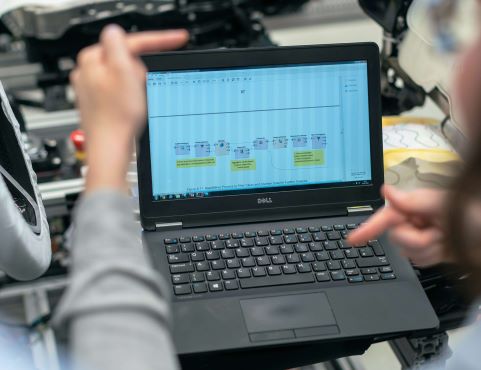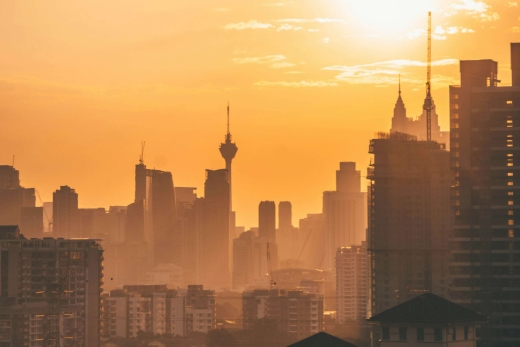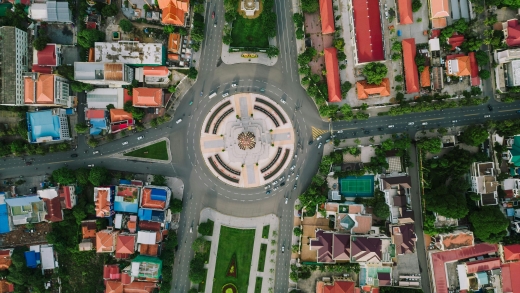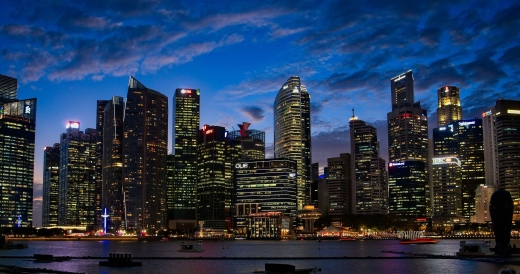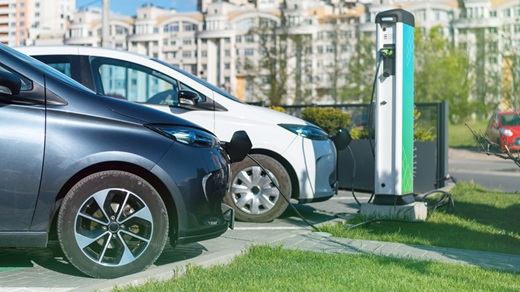Bilateral
relations between Singapore and Indonesia are in “excellent shape”, and both countries
seek to “chart even stronger ties in this new era of cooperation”, said Prime
Minister Lawrence Wong on Monday (Jun 16).
He was speaking
at a joint press conference with Indonesia’s President Prabowo Subianto, who
was in Singapore for his first state visit and to attend the eighth
Singapore-Indonesia Leaders’ Retreat.
PM Wong noted
ongoing collaborations in areas ranging from defence to trade and investment.
For instance, he
highlighted the expanded framework agreements – on defence, airspace
management, and law enforcement – which entered into force on Mar 21 last year.
Their successful
implementation is “a testament to Singapore and Indonesia’s ability to work
through complicated issues with respect and trust”, he said.
In a Facebook
post, Singapore’s Ministry of Defence highlighted the Joint Update on Defence
Cooperation (JUDC) signed during the retreat by Defence Minister Chan Chun Sing
and his Indonesian counterpart, Sjafrie Sjamsoeddin, who is also a retired
lieutenant-general.
The JUDC reviews
bilateral defence engagements and outlines new and enhanced areas of
collaboration.
The two
countries’ defence cooperation agreement has “unlocked new opportunities” for
their armed forces to train and work together, the Ministry of Foreign Affairs
(MFA) said in a statement.
It also noted
that the first case under the Treaty for the Extradition of Fugitives is now before
the Singapore courts, with both countries’ legal agencies working closely to
ensure due process.
At the meeting,
the leaders also discussed how to enhance bilateral cooperation in areas such
as the green economy, which PM Wong described as a “promising new area”.
“We know that
climate change will have an outsized impact on small island and archipelagic
states like ours,” he said. “But we can turn our vulnerabilities into
opportunities.”
On Friday,
Singapore and Indonesia inked three memorandums of understanding on
cross-border electricity trade, carbon capture and storage, and a sustainable
industrial zone.
These were
followed by a milestone ceremony on Monday to mark both countries’ shared
commitment to implementing the projects, for sustainable economic development
and decarbonisation.
The leaders of
the two nations also expressed confidence in these agreements helping to unlock
the region’s green potential and serving as a key building block for the Asean
Energy Grid, MFA said.
Confidence
and closer ties
Singapore has
been Indonesia’s top source of foreign investment for more than a decade,
accounting for over a third of all realised foreign investment into Indonesia
last year, noted PM Wong.
“This reflects
the confidence we have in Indonesia’s economy and its potential and strength.”
On Sunday, the
countries inked two commercial arrangements during the 15th Singapore-Indonesia
Six Bilateral Economic Working Groups Ministerial Meeting. One was between
Sembcorp Industries and Batamraya Sukses Perkasa, a subsidiary of property
developer Panbil Group.
Late last year,
the Monetary Authority of Singapore and Bank Indonesia renewed a bilateral
financial arrangement to strengthen financial cooperation – for three years,
rather than the usual annual renewal.
The longer
renewal period, said PM Wong, reflects “our shared commitment to preserving
monetary and financial stability amid global economic uncertainty”.
Food is another
area of cooperation, with the two countries signing an MOU on Monday on food
safety and agricultural technology.
Food security is
a key priority for Indonesia and Singapore, and their support in this area
includes a Young Farmers Development Programme to exchange best practices on
agritech solutions, said PM Wong. The initiative aims to boost productivity,
nutrition and food resilience in both countries, according to MFA.
He also
underscored the importance of people-to-people exchanges, including
cross-border internship opportunities. MFA said the Youth Mobility Programme
will facilitate internships for 300 tertiary students each year, and
connectivity will be further boosted by new direct flights from Singapore to
Padang and Kertajati in Indonesia.
“Copying with
pride”
In his speech,
President Prabowo said: “It is in Indonesia’s strategic political design to
foster the best cooperation and collaboration with Singapore.”
He noted that
Indonesia has been adopting some of Singapore’s best practices – a move he
described as “copy with pride” – such as its public housing model and state
investor Temasek, with the latter inspiring Indonesia’s new sovereign wealth
fund Danantara.
Prabowo also
expressed interest in deepening collaboration in healthcare and manpower,
inviting Singapore to support Indonesia’s plans to expand its network of
medical and nursing colleges.
There can also
be greater cooperation in the placement of skilled Indonesian caregivers in
Singapore, he added.
On connectivity,
Indonesia is committed to restoring or even surpassing pre-pandemic traffic
levels, with Prabowo having instructed ministries to enhance direct foreign
airline access to more Indonesian airports.
On Asean and
the world
Both leaders
also touched on regional and global developments.
PM Wong said
that as founding members of Asean, Singapore and Indonesia will continue
working closely with fellow member states to strengthen the region and uphold a
rules-based multilateral system.
He also affirmed
Singapore’s support for Indonesia’s bid to join the Comprehensive and
Progressive Agreement for Trans-Pacific Partnership.
Prabowo
expressed concern over the situations in Gaza and the Israel–Iran conflict,
stressing the need for peaceful solutions, negotiations, and an immediate
ceasefire.
On Myanmar, both
leaders agreed on the importance of engagement and pursuing a peaceful
resolution.
“Both (Singapore
and Indonesia) have succeeded in maintaining a zone of regional peace,
prosperity, and mutual support,” said Prabowo.
“I am very
confident that our bilateral relationship will continue to grow from strength
to strength, with more trust and confidence in each other, as the years will
prove.”
Source: The
Business Times (Bilateral
ties in ‘excellent shape’ as Singapore, Indonesia expand cooperation - The
Business Times)
17 Jun 2025

